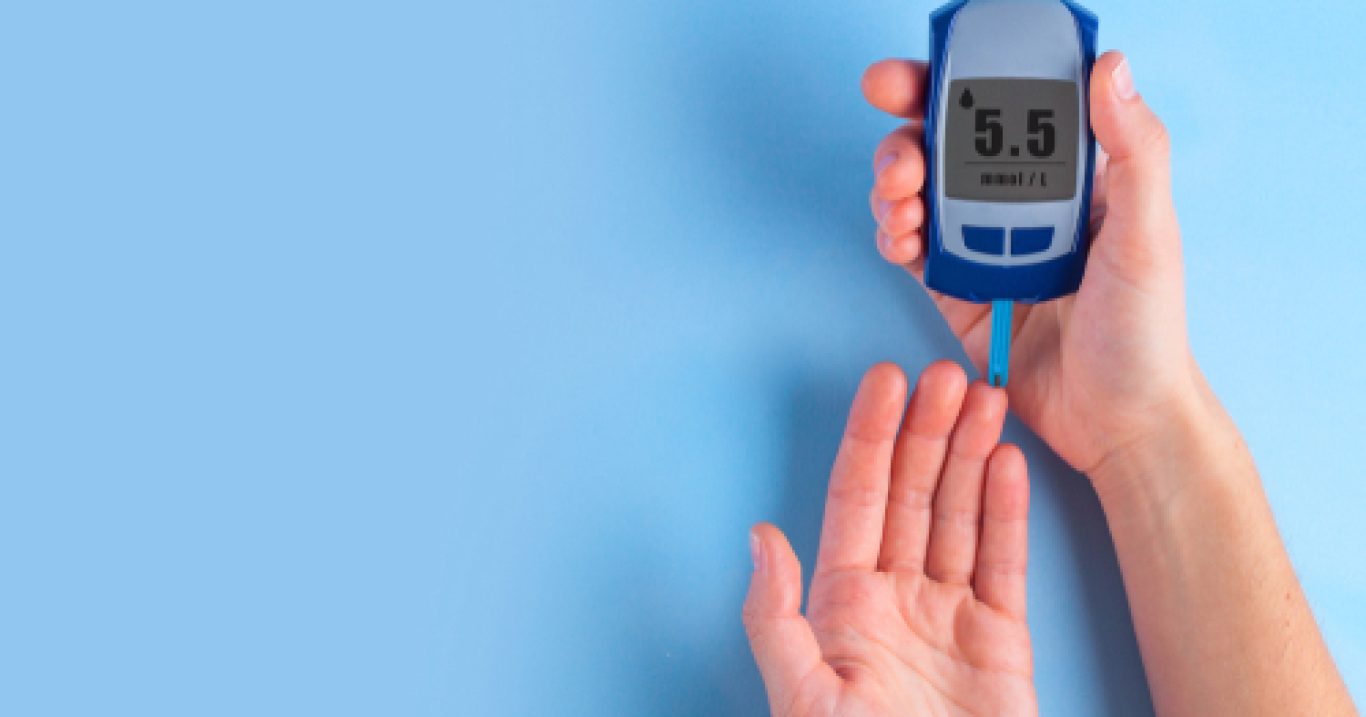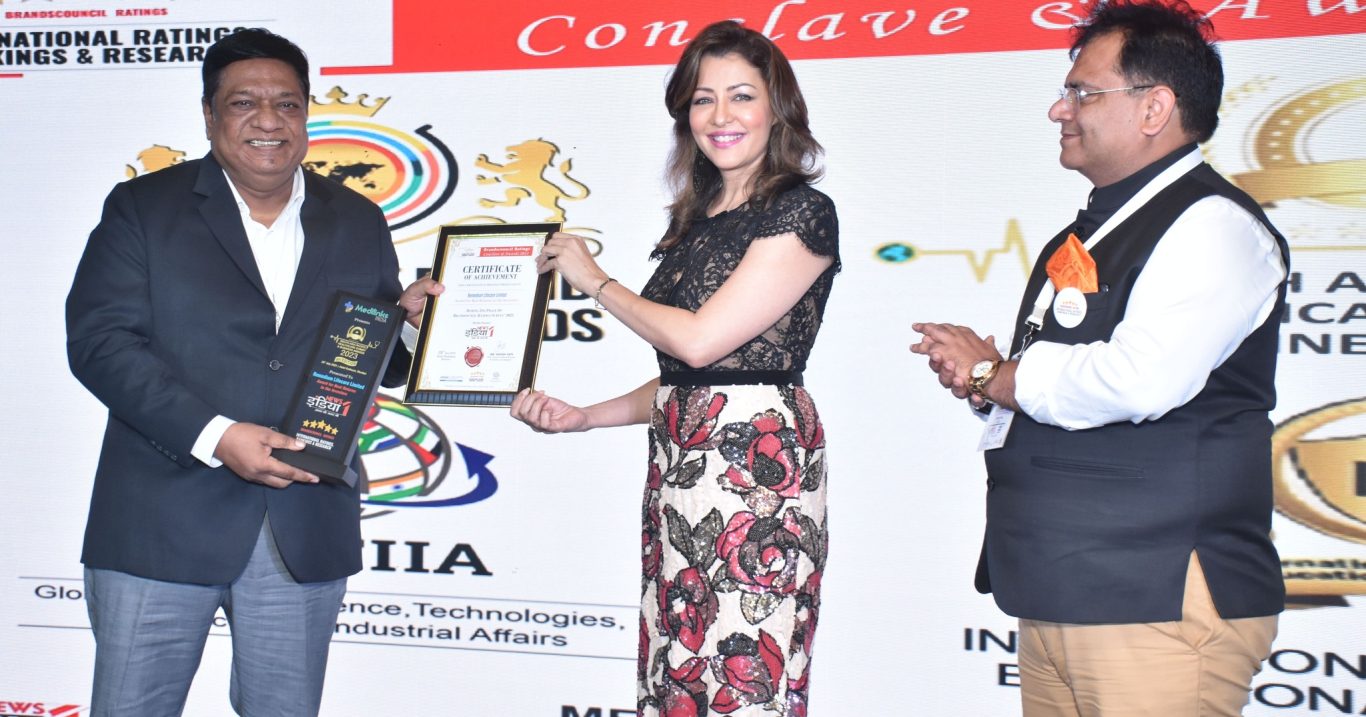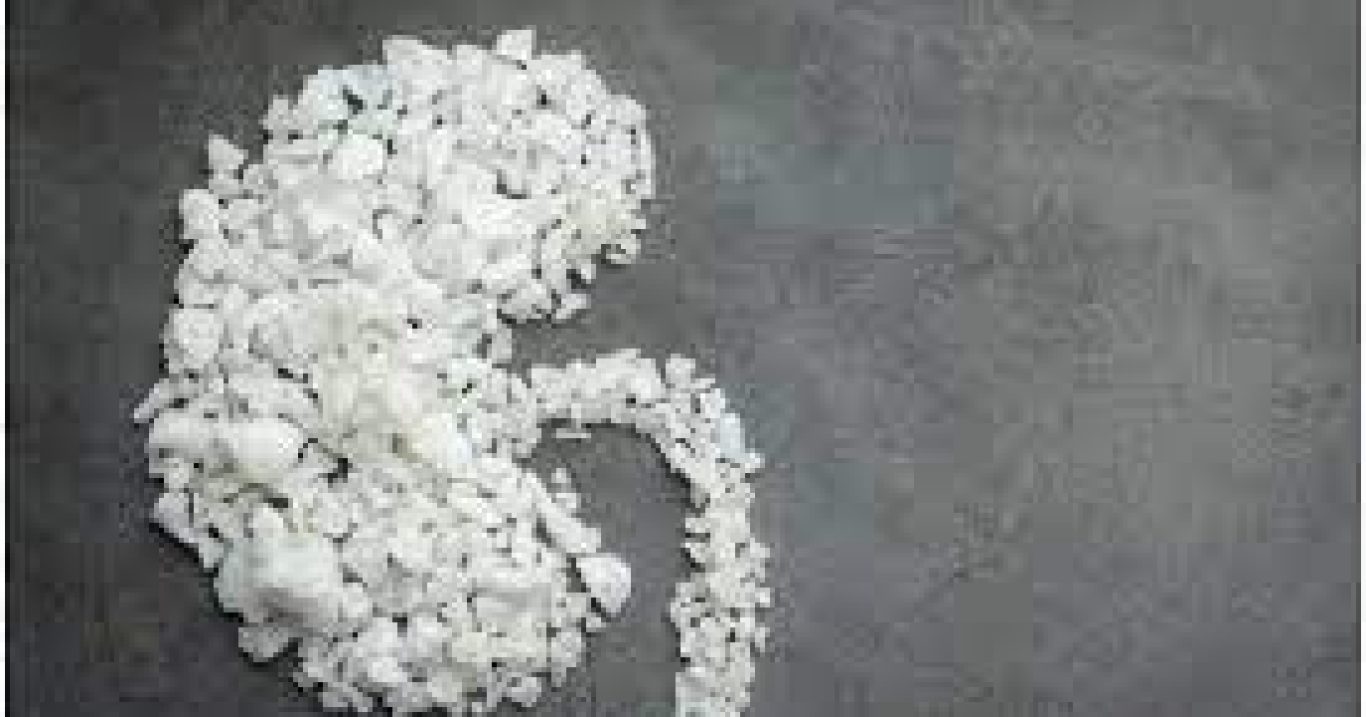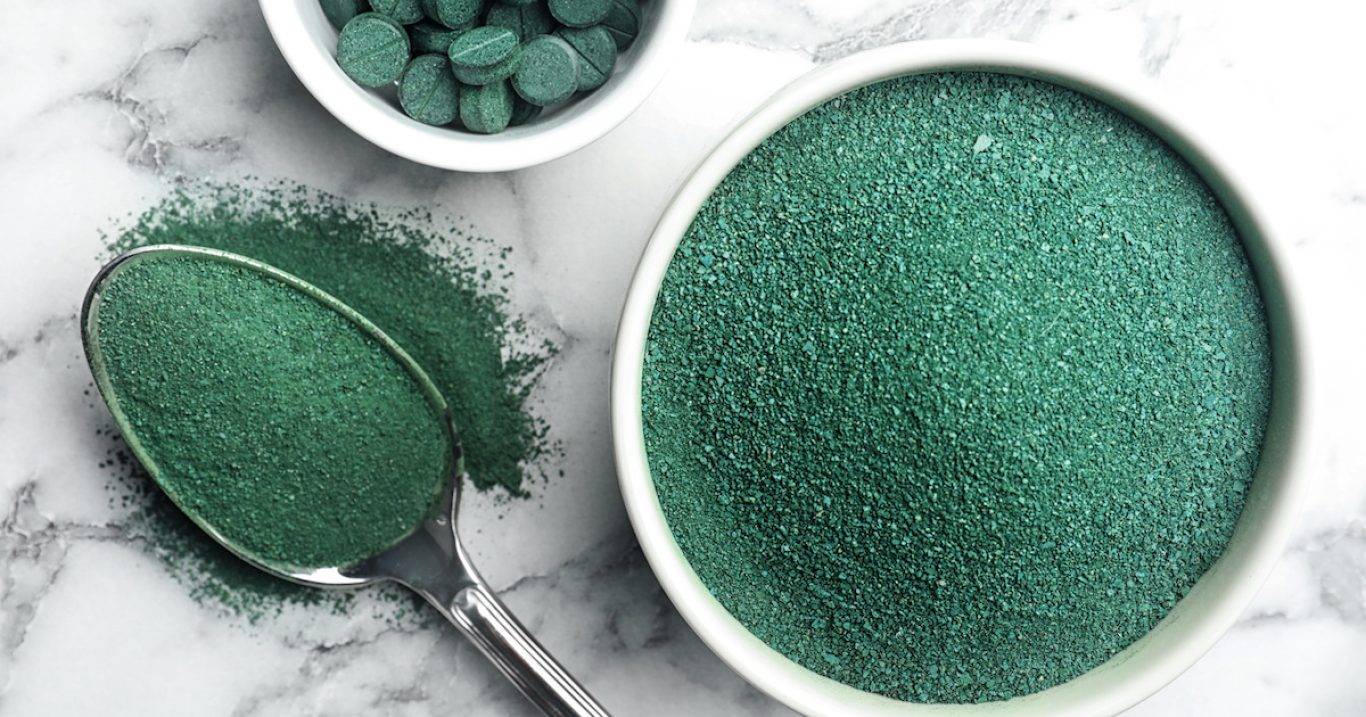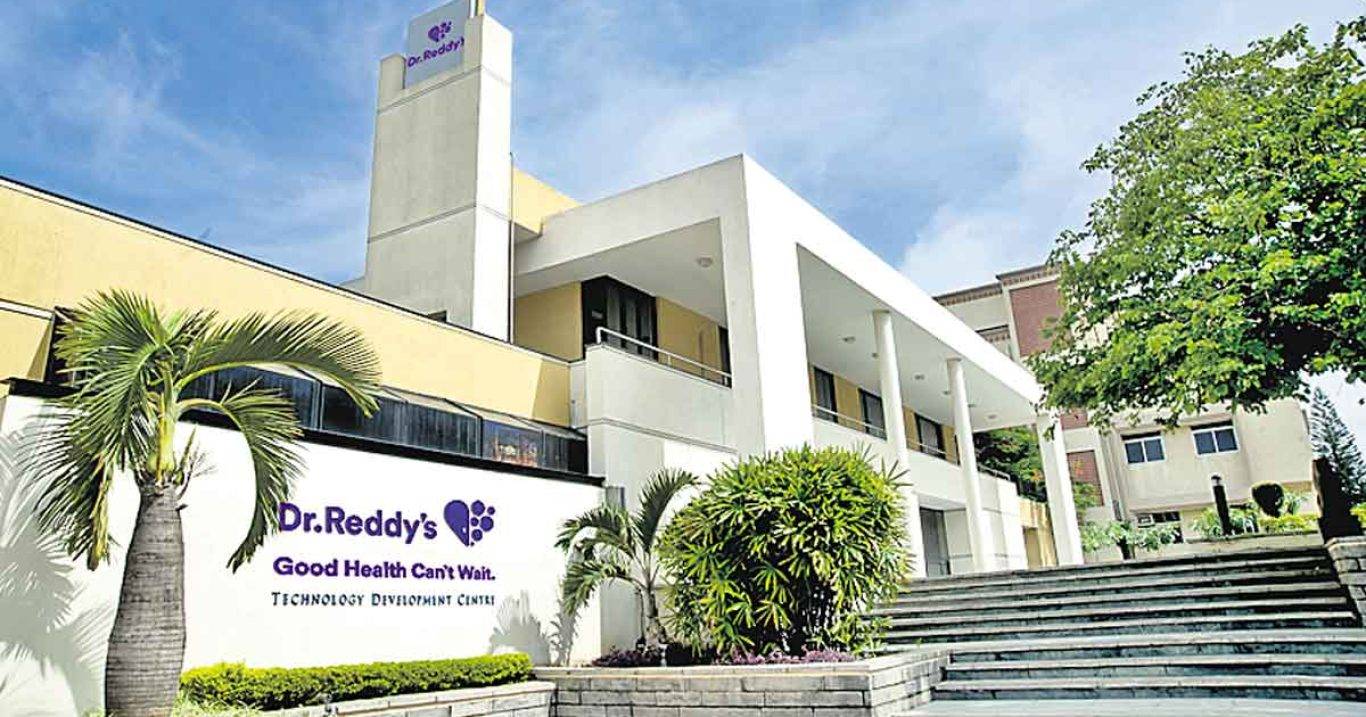Habil Khorakiwala in Panic as Chikalthana plant Report is awaited!
An FDA import alert can cause Rs 1,200 cr loss

After shutting down most of the production at its Waluj unit in Aurangabad, foreign regulators had expressed concerns over its largest revenue-contributing manufacturing unit at Chikalthana, also in the same district. The facility recently received ‘483’ observations after the US Food and Drug Administration (FDA) and the UK Medicines and Healthcare Products Regulatory Agency (MHRA) had conducted inspections at its Chikalthana, Shendra and Waluj cephalosporin plants in July.
Form FDA 483 or simply 483 is a form used by the USFDA to document and communicate concerns discovered during their inspections.
During an analyst call following the announcement of its first quarter results on August 14, Wockhardt managing director Murtaza Khorakiwala had said, “Some of the issues are as serious as those in the case of Waluj and we would be responding on this issue shortly.”
Company officials said they have already sent its responses on the matter, but feared the possibility, though distant, of an import alert.
Wockhardt chairman Habil Khorakiawala was FC’s Businessman of the Year for 2012 for bringing about a remarkable turnaround in the company’s fortunes after going bankrupt. At the end of 2012, the company’s market capitalisation had topped Rs 17,000 crore, and it was set to exit the corporate debt-restructuring scheme.
As of last Friday, its market-cap had come down to Rs 5,125 crore.
“The inspections happened without any prior notice unlike the usual norm. Though they could not find any fault or risk associated with the products manufactured in the unit, they raised their observations over lack of good manufacturing practices. While they took notice of unwanted papers and other objects inside the plant, there were also serious issues like urinal stink close to the toilet. Though these have nothing to do with the manufacturing processes directly, the regulators have expressed concern,” an official told Financial Chronicle on condition of anonymity, adding that these are serious hygiene issues for foreign regulators and can bring charges as severe as non-compliance of good manufacturing practices (GMPs).
An analyst with a city-based equity broking firm said, “Foreign regulators, the USFDA in particular, are targeting Indian companies on flimsy grounds. The level of hygiene they follow is definitely not the same as is followed here and it would be a challenging task for most Indian companies to maintain a hygiene check of that order. If that is so, many more Indian pharma companies might face similar situations,” the analyst said.
However, if the Chikalthana unit receives an import alert similar to the one issued for Waluj, it may cost the company dearly. “We are desperately trying to avoid an import alert at Chikalthana, which is a major revenue contributor. If we receive an import alert on this unit, the impact could be to the tune of Rs 1,200 crore,” the Wockhardt official said.
The Chikalthana facility, whose sales contribution was around $230 million as of March 2013, produces both oral solids and injectibles, though the oral solids division caters to the US and the UK markets. Wockhardt has also appointed Lachman, the US-based GMP consultant, to come out with possible measures.
The Waluj unit received an import alert from the USFDA in May following a warning letter in July. Also, UK regulator MHRA issued a GMP alert towards the said facility in July and ordered precautionary recall of 16 ‘prescription only medicines’, including those used for treatment of infections, high blood pressure, diabetes, epilepsy, depression, schizophrenia, Parkinson’s disease, dementia in Alzheimer’s patients and thyroid conditions, supplied out of the facility.
MHRA also charged the unit for having poor cleaning practices and defects in building fabric as well as ventilation systems.
Wockhardt chairman Habil Khorakiwala had earlier said that the decision would impact its business by $100 million (around Rs 650 crore) on an annualised basis. According to industry experts, the contribution from the Waluj plant was around 20-25 per cent of total revenues.
However, a recent news report by PTI pointed out that a senior official with USFDA India office had said that the US drug regulator was not singling out Indian pharma companies, but insisted that regulations in this regard are followed strictly to ensure that products that come into the US are of the highest quality, have safety built into them and are effective.
“Inspections are not designed to harm. Inspections are designed to help. Our mandate is to ensure that medicines and medical products that come into the US are of the same quality, have same standards and have same safety standards as medicines that come out in the US. This requires us to be more proactive, be more engaging. That was not the case 10 years ago,” the official, quoted by PTI, said, adding that FDA has a special focus on India given that it ranks number two in pharmaceuticals trade with the US, and that 40 per cent of the over-the-counter (OTC) prescription drugs comes from India.
“With the current situation, it will take at least two years for Wockhardt to bounce back. The international business is the major revenue earner for the company and it is not justified to focus on the domestic business. In the domestic market pricing issues make it unviable. Our outlook on the company is, however, poor,” said A K Prabhakar, senior vice-president for equity research at Anand Rathi.
In the quarter ended June, Wockhardt’s international business contributed 82 per cent of total revenue with the US contributing 53 per cent of global revenue. The domestic business, on the other hand, grew only three per cent while the emerging markets business declined by 28 per cent.






